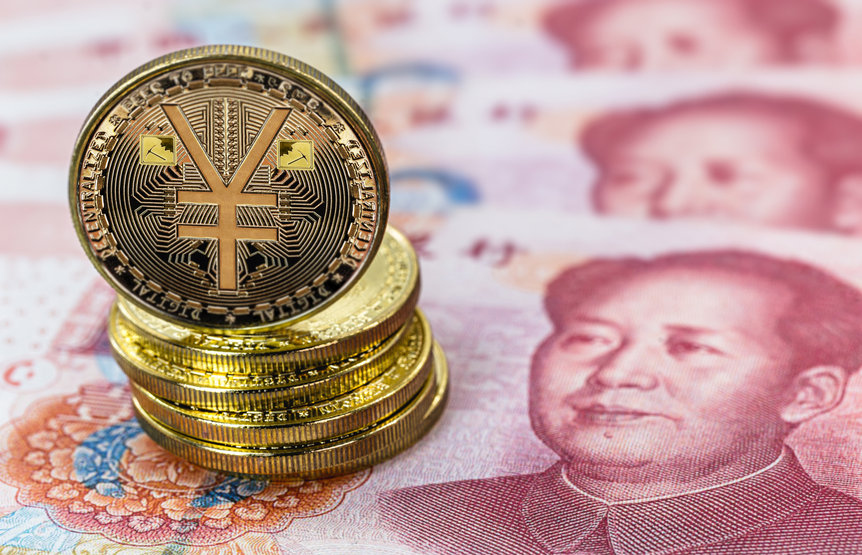The 2022 Winter Olympics in Beijing was the moment the whole world got introduced to China’s first official digital currency: the digital yuan.
More than £222,000 is said to be spent with the countries own digital token every day, according to new reports from the People’s Bank of China (PBoC). The participants, visitors and organizers would use 2 million e-CNY, worth $316,000 each day. The Digital Currency Research Institute director general, Mu Changchun, provided the data during a webinar hosted by the Atlantic Council. He said there:
“I have a rough idea that there are several or a few million digital yuan in payments every day, but I don’t have exact numbers yet.”
He added that there was not yet a breakdown of the number of transactions by Chinese nationals and foreign attendees. The official still noted that foreign users tend to use hardware wallets more, referring to the e-CNY debit cards, which look like credit cards without the normal chip and magnetic strip. Mu Changchun said:
“The software wallets are mainly used by domestic users.”
This reported amount plays an important role in the contribution of the CBDC in China. The total transaction volume of the digital yuan reached $13 billion in November 2021 since the launch of the CBDC in April 2020. The Chinese government has used the publicity of the Winter Olympics to promote the CBDC. The state-controlled Bank of China set up a number of special ATMs in some central locations during the Games, allowing international guests to convert their foreign banknotes into e-CNY or regular yuan banknotes.
Worlds’ first introduction to digital Yuan
Shijingshan has opened a website for the upcoming Winter Olympics, and it has started supporting payments made with the state’s digital money known as e-CNY. Suppose the Winter Games becomes the world’s first introduction to the Chinese currency, then they are lagging behind many Chinese citizens. China has handed out virtual red envelopes containing a prototype of the digital yuan. Residents of Beijing and Shanghai can test the currency in daily use this way.
Shijingshan is a district in the western part of Beijing. Their website states that over than 200 merchants are supporting payments made using the e-CNY at 2022 Winter Games venues, including McDonald’s. You may remember this coin under its original project name, DCEP, Digital Currency Electronic Payment.
Recently, the Chinese government announced it would distribute 200,000 virtual red envelopes, each containing 200 digital Yuan which is worth just over £20. Shanghai has announced a similar plan and is poised to hand out 350,000 virtual red envelopes to people across the city during next week’s Dragon Boat Festival. The giveaways are part of China’s nationwide pilot program to further test the digital currency. So far, this new currency is being trialled in eight cities.
Security and privacy concerns
The properties of the digital yuan have raised some concerns about security and privacy. In fact, some United States senators consider the CBDC a “massive security threat to individual users.”
British spy chief Jeremy Fleming argued in late 2021 that CBDC use could allow Beijing to track users and monitor global transactions. Despite the concerns, CBDCs offer a good opportunity to democratize payment systems.
Mining ban
China has taken an anti-cryptocurrency stance while boosting the adoption of the CBDC. According to the latest reports, as many as 2 million crypto mining devices are trapped in China’s former mining hub.
Miners attempting to relocate their operations to North America have reportedly lost millions of dollars while trying to export crypto mining hardware.
The post Over £222,000 spent per day using digital Yuan (e-CNY) during Winter Olympics appeared first on Coin Journal.


